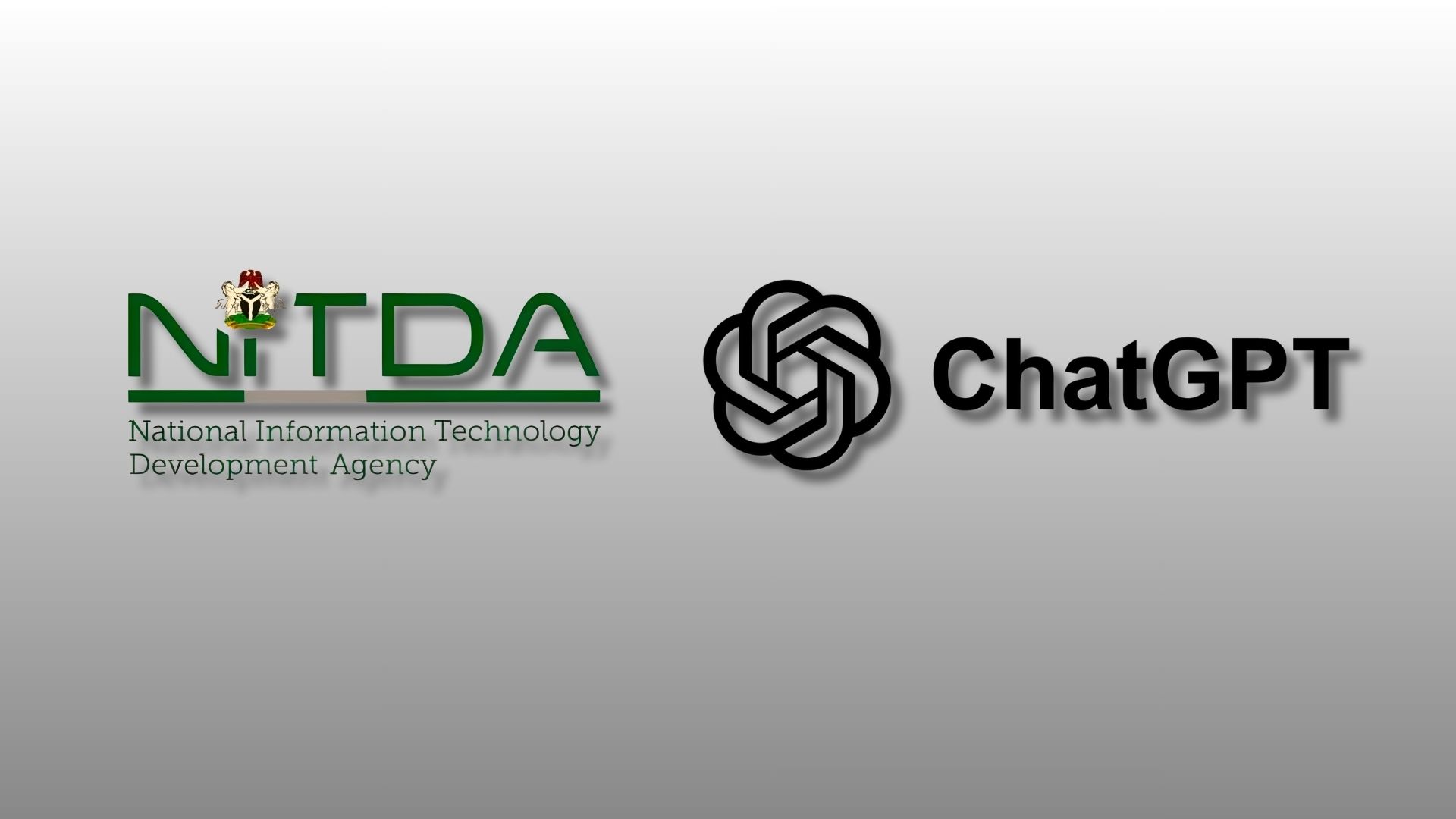A broad plan to integrate generative AI across public administration and key sectors of the economy is being prepared by Russia.
Prime Minister Mikhail Mishustin explained that the new framework seeks to extend modern AI tools across regions and major industries in order to strengthen national technological capacity.
The president has already underlined the need for fully domestic AI products as an essential element of national sovereignty. Moscow intends to rely on locally developed systems instead of foreign platforms, an approach aimed at securing long-term independence and resilience.
A proposal created by the government and the Presidential Administration has been submitted for approval to establish a central headquarters that will guide the entire deployment effort.
The new body will set objectives, track progress and coordinate work across ministries and agencies while supporting broader access to advanced capabilities.
Officials in Russia view the plan as a strategic investment intended to reinforce national competitiveness in a rapidly changing technological environment.
Greater use of generative systems is expected to improve administrative efficiency, support regional development and encourage innovation across multiple sectors.
Would you like to learn more about AI, tech and digital diplomacy? If so, ask our Diplo chatbot!










